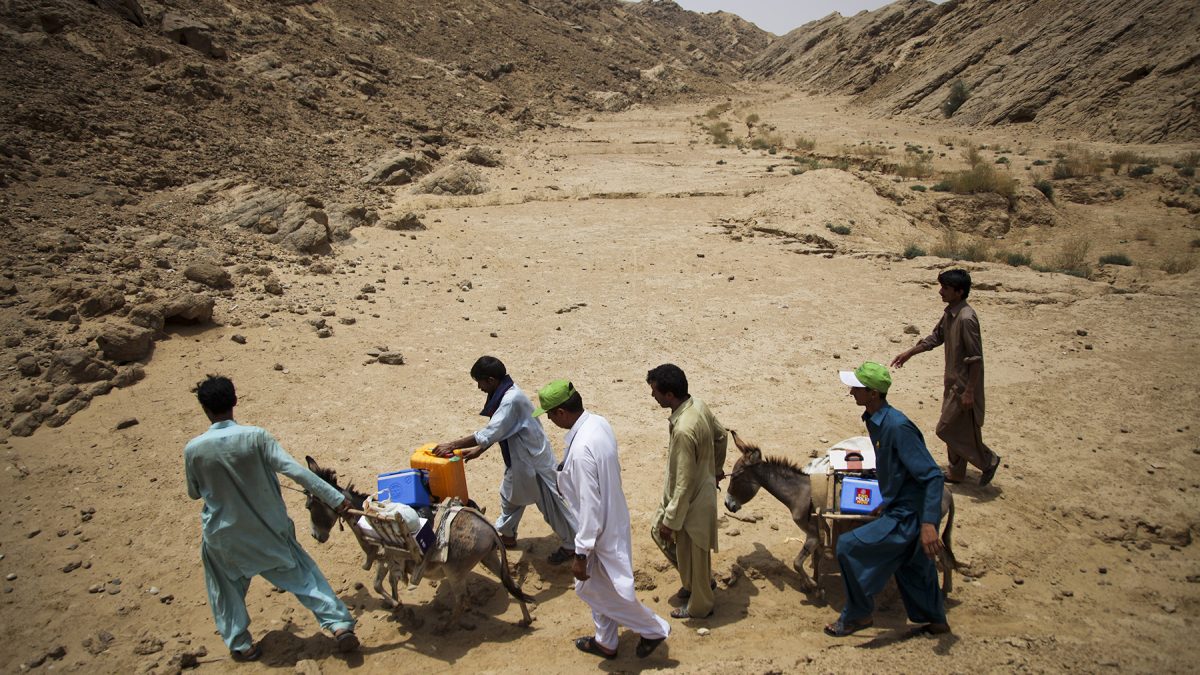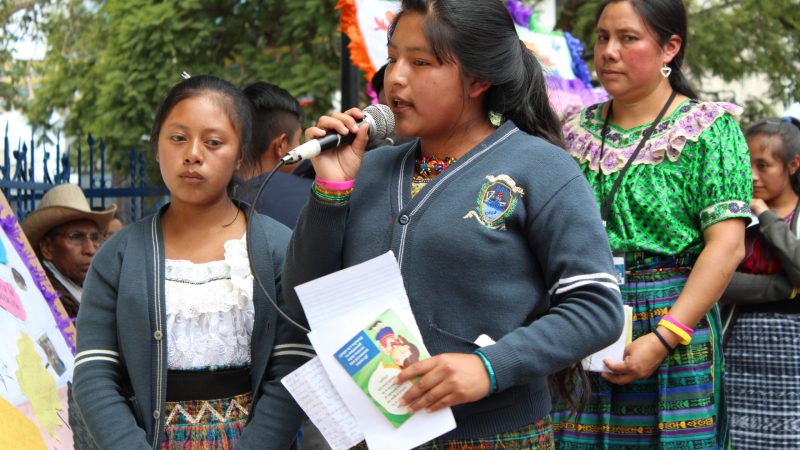Pakistan

Despite advances in technology, lack of access to health care has long been a challenge in Pakistan. With support from critical partners, The Carter Center worked in the 1980s and 1990s to stem disease transmission and save the lives of babies and mothers. Currently, we partner with the city of Karachi as part of our groundbreaking Inform Women, Transform Lives campaign.
Impact
- Partnered with the city of Karachi to empower women through access to information.
- Collaborated with government and local health professionals in the 1980s to reduce the incidence of neonatal tetanus and improve overall maternal and infant care.
- Stopped Guinea worm transmission in 1993, becoming the first country under the Center’s Guinea Worm Eradication Program to do so.

Related Content
Global Impact Starts with You
Your support sustains the Carter Center's mission of waging peace, fighting disease, and building hope around the world.


